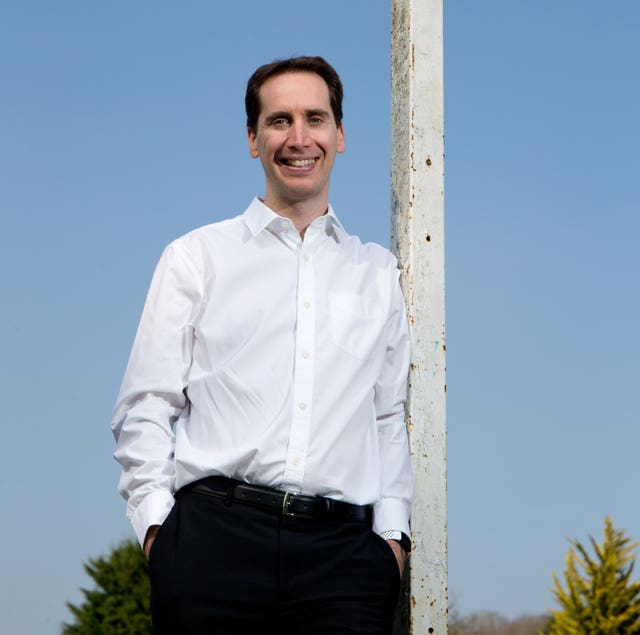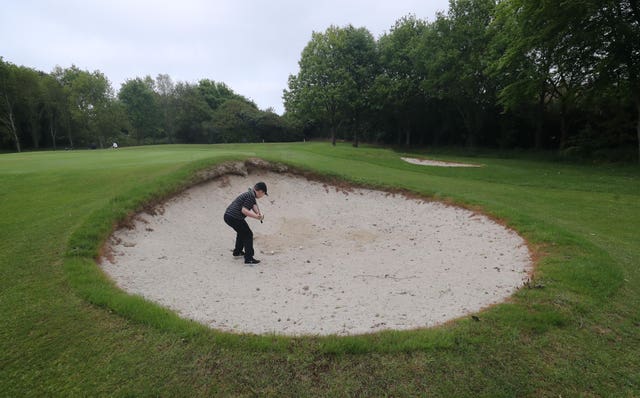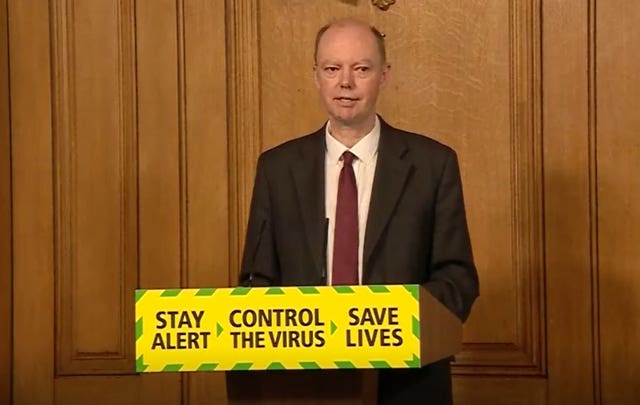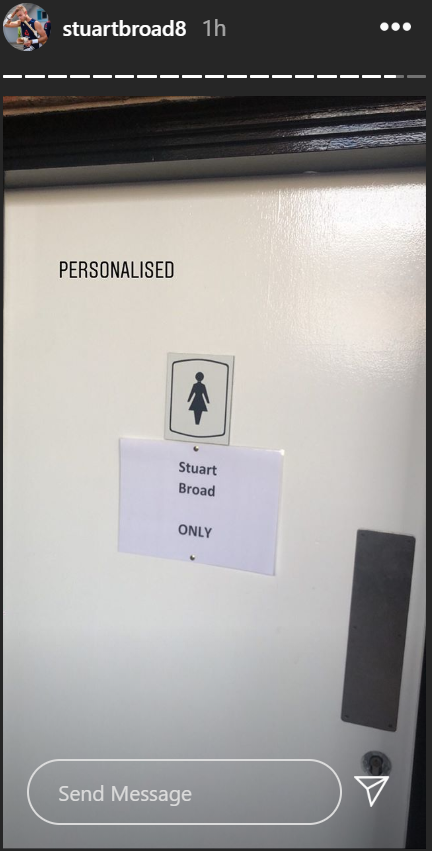The English Football League board has agreed that relegation remains central to maintaining “the integrity” of professional football even if Covid-19 curtails the season, while in Scotland there has been positive news on a return for some recreational sports.
Plans for League Two to bring an early end to the 2019/20 season without losing any of its members to the National League appear to have run aground as a result of the EFL’s position, though a vote by all clubs must still take place.
The board’s framework sets out that “the principle of relegation across all three divisions is integral to the integrity of the pyramid, from the Premier League down to the National League”.
EFL statement: coronavirus update.#EFL https://t.co/P0P0aJNMq3
— EFL Communications (@EFL_Comms) May 21, 2020
As well as setting out the principle on relegation, the EFL board says the play-offs should be played in the event of curtailment but should not be extended beyond the regular four teams.
It also says that the decision to end each division should require a 51 per cent majority among the clubs concerned, with League One sides in open disagreement about whether to stop or play on.
EFL chairman Rick Parry said: “The board has always acknowledged that a single solution to satisfy all clubs would always be hard to find, but we are at the point now where strong, definitive action is needed for the good of the league and its members.”

Meanwhile, the Football Association remains committed to completing the final three rounds of the FA Cup if the professional game can safely restart.
Chief executive Mark Bullingham is understood to have told FA Council members at a meeting on Thursday that concluding the knockout competition alongside the Premier League remained the intention, although whether the cup final would be the last domestic match in the 2019-20 season was not mentioned.
The competition had reached the quarter-final stage when professional football was suspended on March 13.
North of the border, there was a move towards resuming non-contact sports including tennis and golf from next Thursday.
First Minister Nicola Sturgeon addressed Scottish Parliament to outline a four-stage plan to emerge from current restrictions, beginning from May 28.
“Some non-contact outdoor leisure activities will be allowed to restart, such as golf, tennis, bowls and fishing, subject of course to appropriate hygiene and physical distancing,” she said.

“Those phase one measures – most of which have an outdoor focus – are not in place yet, and they are dependent on us continuing to suppress the virus. They will also be monitored carefully as they do take effect.”
Any subsequent move to phase two would include provisions for the “resumption of professional sport in line with public health advice”, meaning opportunities for elite level athletes to compete and a possible return for football, while restrictions on holding live events will continue to be assessed across the third and fourth phases.
Meanwhile, Chief medical officer for England Professor Chris Whitty suggested members of the public may have to play football with rule changes before a vaccine is found.

In response to footballer Robbie Savage, he told the briefing that having a vaccine on a widespread scale before next year is “very unlikely”.
“So I definitely hope that football will be available – possibly with some degree of change of how it’s played, there may have to be some ways we think it through – in advance of a vaccine,” Professor Whitty said.
“My very strong hope, and I’m sure this is a strong hope of everybody’s, is football is well before we get right out to that right-hand end of that path.”
Manchester United’s latest financial figures laid bare the monetary cost of the ongoing crisis, with an estimated loss of around £23million already sustained by the Red Devils.
Their third-quarter results up until March 31 accounted for just 18 days of football’s suspension, but United recorded an overall loss of £3.3m for the quarter as broadcast revenues dropped 51.7 per cent. That includes £15m of an estimated £20m due back to rights holders as a rebate.
“Manchester United is a resilient club and a resilient company,” United’s executive vice-chairman Ed Woodward said.
“We’re well-positioned, both operationally and financially, to navigate this global crisis and we very much look forward to returning to play and building upon the strong on-pitch momentum we experienced up to mid-March when we stopped.”

In cricket, Stuart Broad opened up on his individual training regime as one of 18 bowlers invited to return for one-on-one sessions by the England and Wales Cricket Board.
Broad chronicled his return to Trent Bridge through his Instagram story, where he showed a digital thermometer and health tracking app, a designated car parking space and even exclusive use of the ladies’ toilet facilities.
The World Swimming Championships scheduled for December in Abu Dhabi have been put back 12 months.
/https%3A%2F%2Fsportsmole-media-prod.s3.gra.io.cloud.ovh.net%2F20%2F17%2Fnicola-sturgeon.jpg)
/https%3A%2F%2Fsportsmole-media-prod.s3.gra.io.cloud.ovh.net%2Fuploads%2F2025%2F10%2Fimago1061396929-68ecc51d88222876230014.jpg)
/https%3A%2F%2Fsportsmole-media-prod.s3.gra.io.cloud.ovh.net%2F24%2F35%2Frichie-wellens.jpg)
/https%3A%2F%2Fsportsmole-media-prod.s3.gra.io.cloud.ovh.net%2Fuploads%2F2025%2F10%2Fns-image-zoom-email-sportmole-4-68e91c4f53ff0251650879.jpg)
/https%3A%2F%2Fsportsmole-media-prod.s3.gra.io.cloud.ovh.net%2F20%2F22%2Fliv05.jpg)
/https%3A%2F%2Fsportsmole-media-prod.s3.gra.io.cloud.ovh.net%2F24%2F52%2Fjustin-kluivert_1.jpg)
/https%3A%2F%2Fsportsmole-media-prod.s3.gra.io.cloud.ovh.net%2Fuploads%2F2025%2F10%2Fimago1066609765-1-68dfc5c39e8af984268260.jpg)
/https%3A%2F%2Fsportsmole-media-prod.s3.gra.io.cloud.ovh.net%2Fuploads%2F2025%2F11%2Fkaoru-mitoma-6929a801d2711079020068.jpg)
/https%3A%2F%2Fsportsmole-media-prod.s3.gra.io.cloud.ovh.net%2F25%2F22%2Fedeata.jpg)